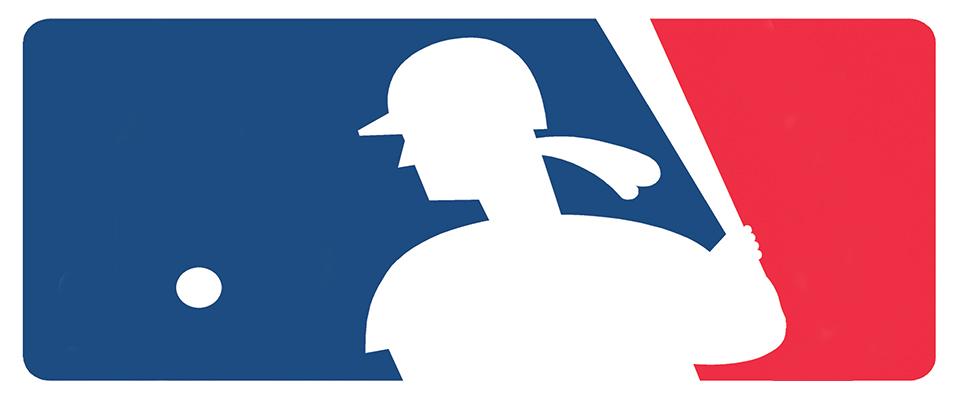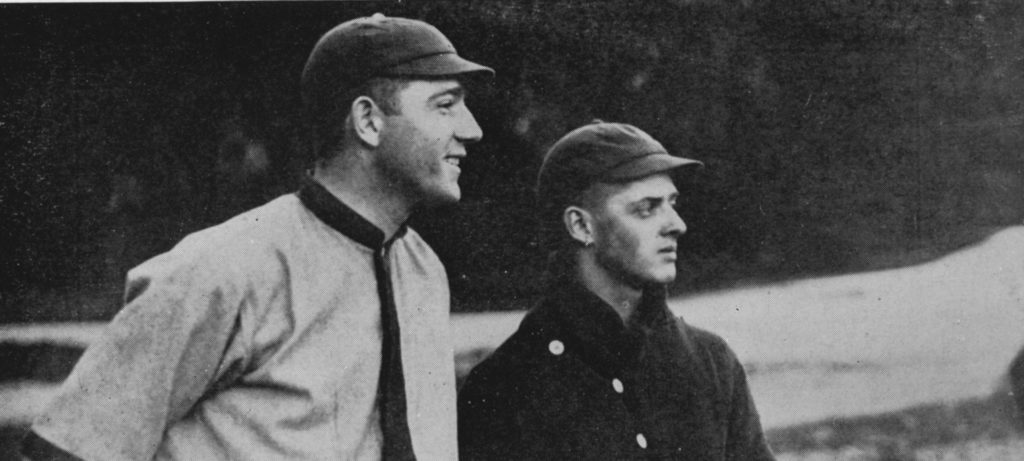It was the summer of 2008 when my 7-year-old daughter asked me to run for president.
We were shooting hoops behind our sublet in the Berkeley flats, where we’d come to escape the swampland heat of Washington, D.C. If I were elected, Sofia explained, I could make a law allowing women to play Major League Baseball.
Three years and countless baseball practices later, I was sitting in the stands in Brunswick, Maryland, watching 10-year-old Sofia come to bat for the first time in the state Little League all-star tournament. Behind me, a burly man—having noted that Sofia was the only girl in the eight-team tournament—muttered, “Wouldn’t it be something if she just smoked one right here?”
He got his wish: In what felt like a Hollywood moment, Sofia hit the next pitch into the right-field corner for a triple.
There have been a lot of Hollywood moments for Sofia since then: Last summer, her D.C. 12-year-olds’ all-star team made it to Little League’s Mid-Atlantic Region semifinals in a game televised live on ESPN and announced by Karl Ravech, host of the network’s Baseball Tonight.
Ravech called her “a joy to watch.” She was “as good as any player on the field.” He praised her hands and her footwork on defense at first base. At the plate, when she took a fastball right down the middle, he upbraided her: “She’s too good a hitter to let a pitch like that go by.” He featured her in his pregame chatter as one of the two players on her team who could “make a difference.”
But what was most striking, and encouraging, was what he didn’t say. Throughout the broadcast, he never said, or even implied, that she was a good player “for a girl.”
Yet he could have been excused for making a bigger deal of her gender—she was the only girl in the tournament, made up of the 12 best Little League teams on the East Coast. That’s nothing new: Although she’s played either with or against a couple of girls in her regular-season Little League, only once in more than 150 games at a more competitive level over the past three years has there has been another girl on the field.
To my relief, Karl Ravech’s approach is not unique. We’ve never heard any anti-girl heckling when she’s on the field. Her teammates, most of whom have played with her for several years, don’t even seem to remember that she’s a girl. Her coaches praise and criticize her with the same intensity as they do anyone else on the team. Sofia’s experience sometimes makes me wonder whether, on the playing fields, we’re moving into a postgender society.
Or not. Justine Siegel, executive director of the nonprofit Baseball for All, which advocates for baseball-playing girls, says that while a thousand or so girls play on their high school baseball teams nationwide, in some parts of the country girls are still discouraged from trying out—or even told, incorrectly, that they’re not allowed to. Once they do make their teams, they get harassed. Boys on opposing teams refuse to play against them. Hearing these stories makes me grateful to live in relatively enlightened Washington, D.C.—although, even here, public high schools are under the gun for not complying fully with Title IX, the landmark 1972 legislation that guarantees girls equal access to athletic opportunities.
But even if Sofia were given a hard time for being a girl, I’m not sure she would notice now, for she has developed the one thing that I never had as an athlete: boundless, seemingly unshakeable confidence. Baseball people assess a hitter’s mental toughness in two ways: How well does s/he hit with two strikes? And how well does s/he hit when the game is on the line? One of Sofia’s coaches told me she’s the best two-strike hitter he’s ever coached. And her Little League team might not have even have made it to the Mid-Atlantic Regionals if she hadn’t hit a clutch two-run homer to break a 1–1 tie in the D.C. championship game.
That confidence, that rock-steady self-assurance, is what I’m most grateful for. I don’t know whether Sofia still wants to be the first woman in Major League Baseball. But I do know that the biggest takeaway of her baseball experience is that, deep in her bones, she knows that whatever course her life takes, she can play with the big boys.
Even if her dad will never be president.
Bernard Ohanian, who graduated from UC Berkeley in 1980, stays up late at his home in Washington, D.C. to follow MLB games on the West Coast.
From the Summer 2014 Apocalypse issue of California.




















